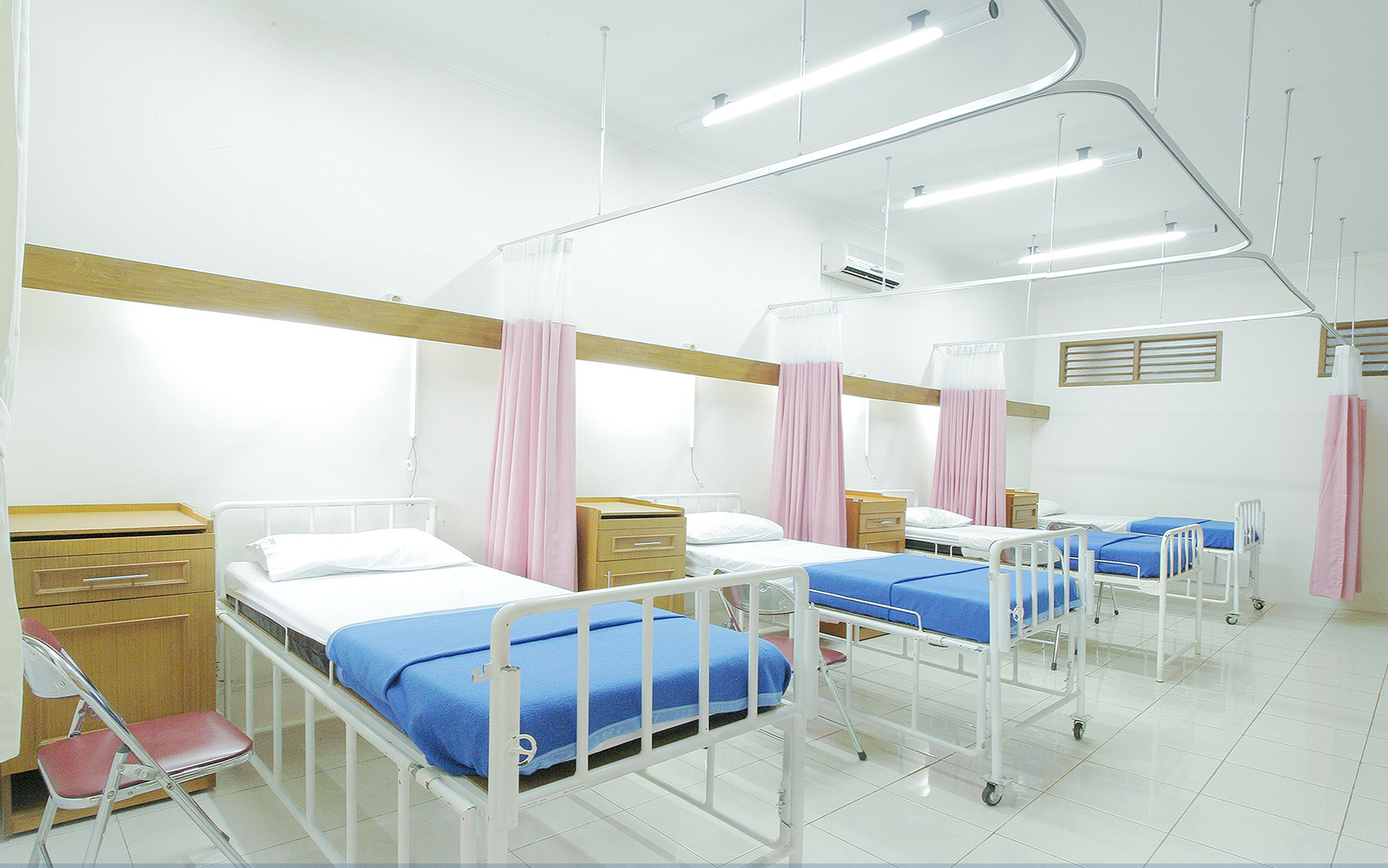When we think of HR systems, we often think of businesses and corporations. However, hospitals, such as Prince of Wales Hospital and Queen Mary Hospital in Hong Kong, Singapore General Hospital and Tan Tock Seng Hospital in Singapore, also need HR systems to manage their large scale of employees. In fact, hospitals face unique challenges when it comes to HR management.
The Need for HR Systems in Hospitals
Hospitals are complex organizations that require a lot of staff to keep them running smoothly. From doctors and nurses to administrative staff and support workers, hospitals employ a large number of people. With so many employees, it can be difficult to manage schedules, track time and attendance, and ensure compliance with labor laws and regulations.
HR systems like HRIS (Human Resource Information System), HRMS (Human Resource Management System), and HCM (Human Capital Management) can help hospitals manage their employees more efficiently and effectively. These systems can automate many HR processes, reduce administrative tasks, and improve communication between staff and management.
Challenges in Hospital HR Management
Hospitals face a number of challenges when it comes to HR management. One of the biggest challenges is scheduling. Hospitals need to ensure that they have enough staff to cover all shifts, including weekends and holidays. They also need to ensure that staff members are properly trained and qualified for their roles.
Another challenge is compliance with labor laws and regulations. Hospitals need to ensure that they are following all applicable laws and regulations, such as minimum wage laws and overtime regulations. They also need to ensure that their staff members are properly trained on these laws and regulations.
What is an HR System?
An HR system is a software application that helps organizations manage their employees. These systems can automate many HR processes, such as recruiting, onboarding, performance management, and payroll. They can also provide valuable data and analytics to help organizations make informed decisions about their workforce.
In hospitals, HR systems can help with scheduling, time and attendance tracking, compliance, and communication between staff and management.
The Solution: HR Systems with Shared Schedule Features
One of the key features of HR systems that can benefit hospitals is shared scheduling. With shared scheduling, staff members can view their schedules online and make requests for time off or shift swaps. This can help reduce the administrative burden on HR staff and improve communication between staff and management.
HR systems with shared scheduling features can also help hospitals ensure that they have enough staff to cover all shifts. These systems can provide real-time data on staffing levels and help managers make informed decisions about scheduling.
In addition, HR systems can help hospitals ensure compliance with labor laws and regulations. These systems can track hours worked, ensure that staff members are properly trained and qualified for their roles, and provide data on compliance with labor laws and regulations.
Overall, HR systems are essential tools for hospitals to manage their large scale of employees. With shared scheduling features, these systems can help hospitals improve communication, reduce administrative tasks, and ensure compliance with labor laws and regulations.
Multiable has been providing comprehensive HR systems to clients for more than 30 years. With strong partnerships with over 6,000 enterprises, Multiable HCM system is revolutionizing the way Asian businesses manage their workforce. By optimizing business processes and improving communication, the system simplifies workforce management, enabling companies to operate with greater efficiency and effectiveness.
Contact us


